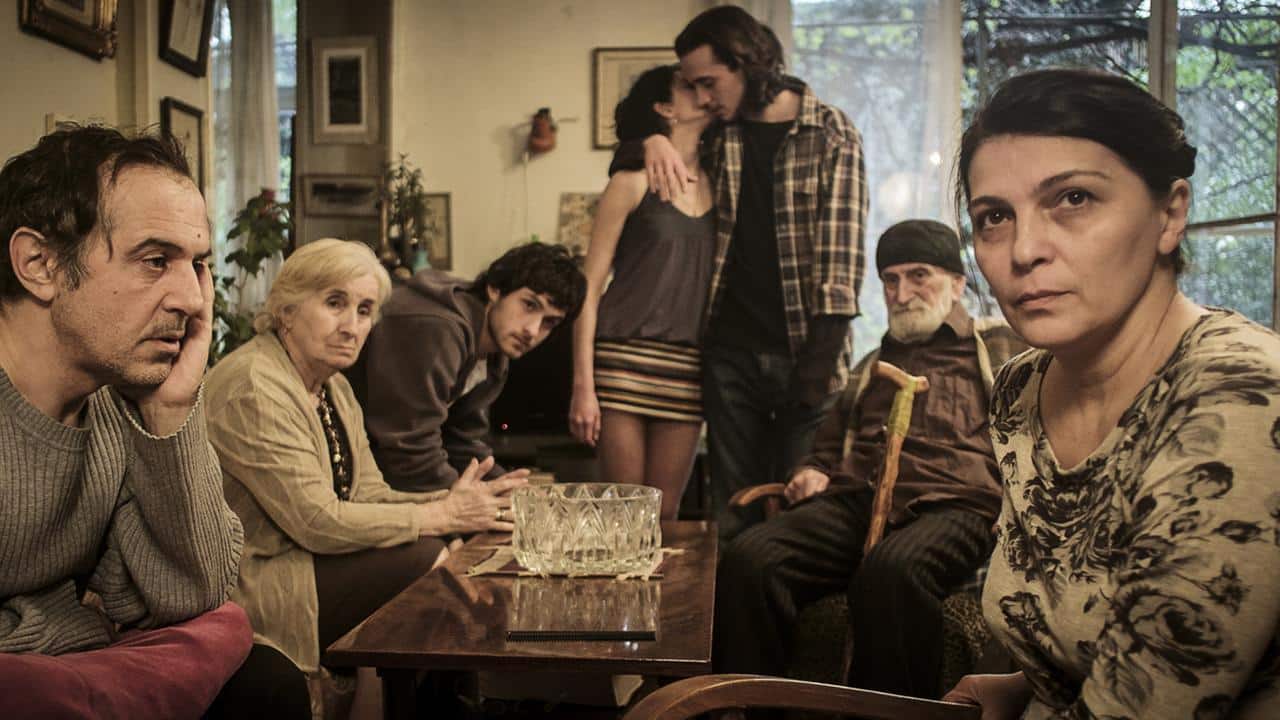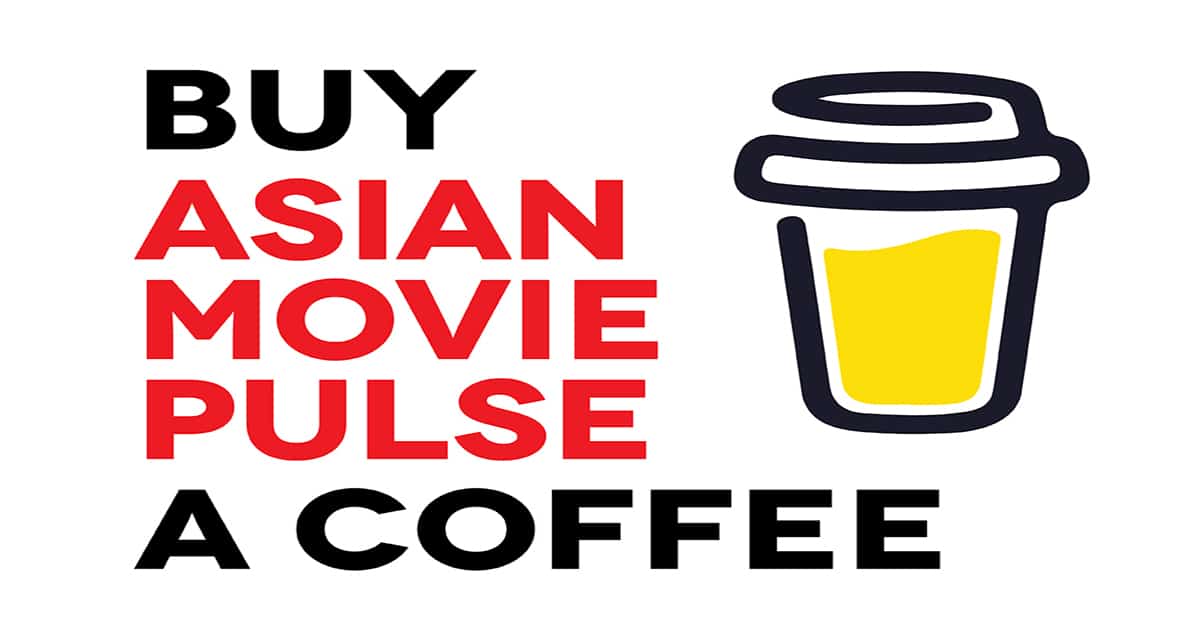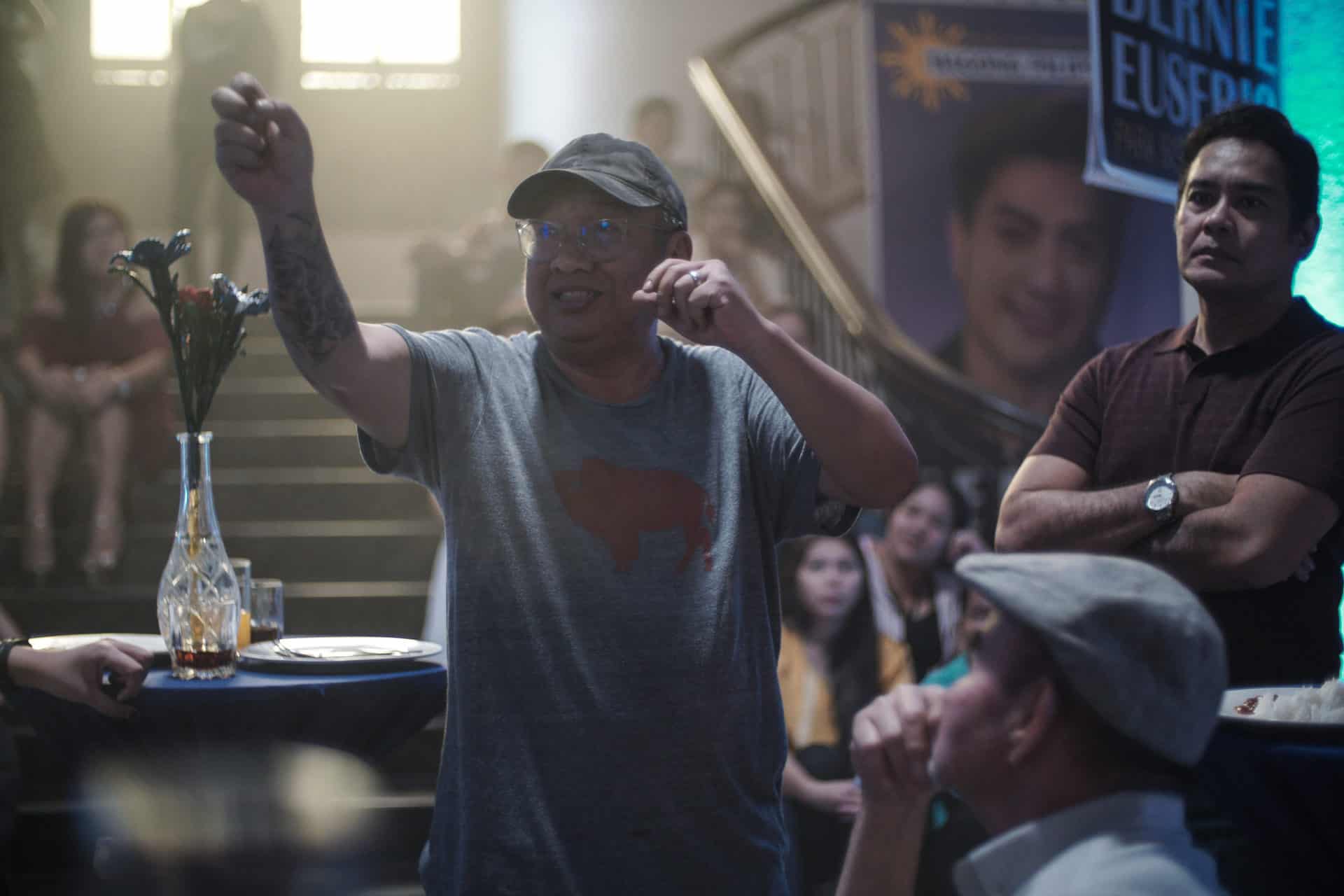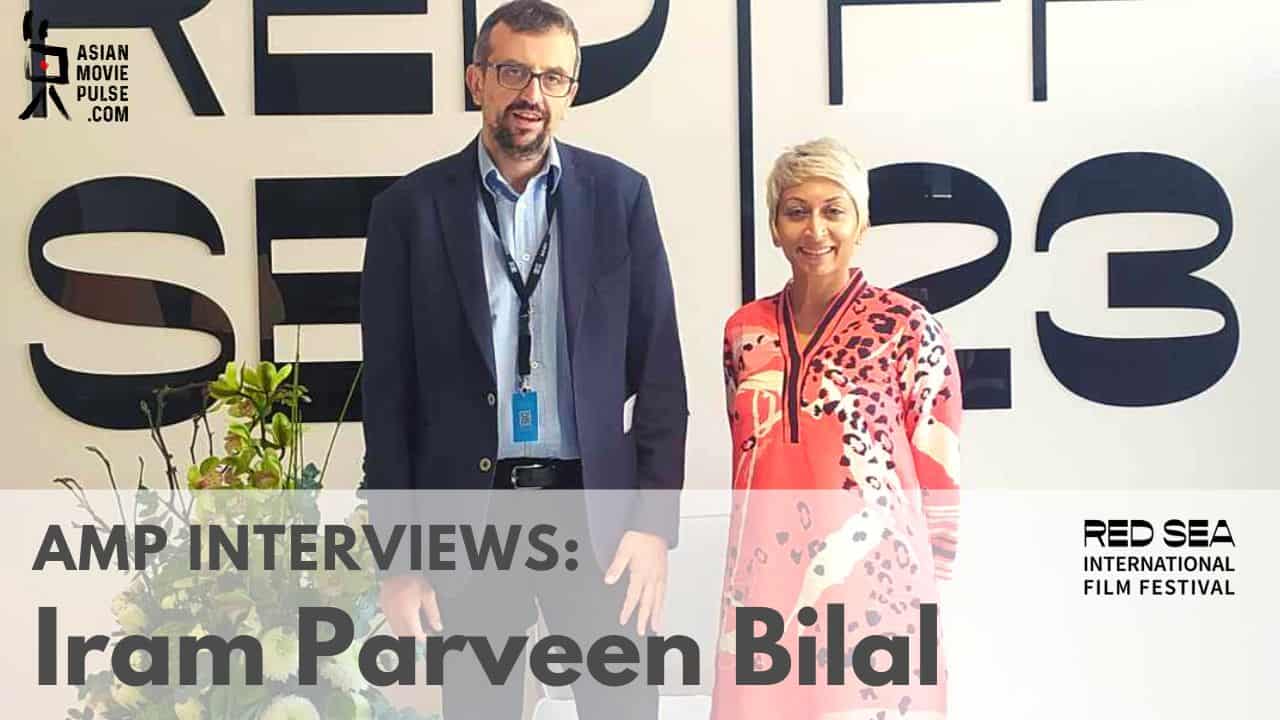Batbayar Chogsom was born and raised in Ulaanbaatar. He went to study Social and Cultural Anthropology and Political Science at the University of Zurich, and upon his graduation, he worked for a while in the Swiss National Museum. It is when he became a father that he felt he could do something different in his life, so he went to Mongolia to make his first feature film “Out Of Paradise” (2018): “Surprisingly it was awarded Best Film at the Shanghai International Film Festival”, adds the helmer, concluding: “That was the beginning of my journey”.
Five years after his awarded debut drama, Batbayar is in Tallinn to present his film “White Flag” to the international audience in the Official Competition segment of the festival. Keen on finding out his reasons to make an LGTBQ+ film set up in the yurt settlement in Mongolia's countryside, AMP sat down with the director to inquire about the details.
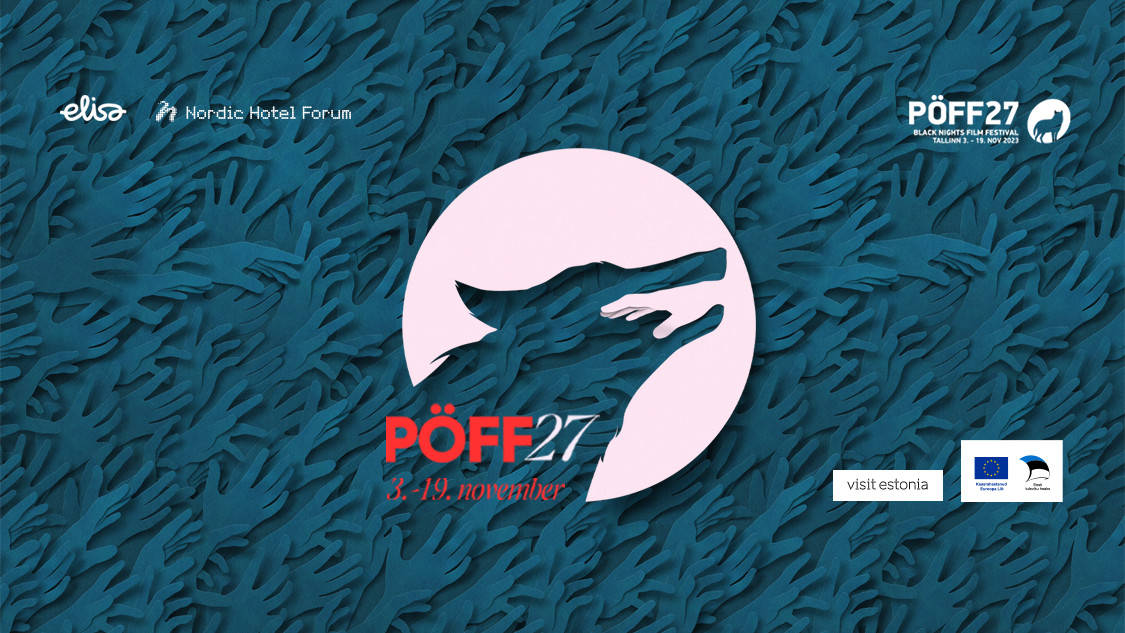
Now that I know your field of studies, many things become much clearer, such as your deep understanding about people and the environment.
Indeed, I am very grateful for that.
It is a love story, but also a story of a big tragedy. What motivated you to write a script about two women leaving the city to live their love as herders?
My debut was also a drama, with a bit of a thriller twist. You could maybe call me a thriller person. I wanted to make another film in Switzerland about a whistleblower and banking secrecy, but unfortunately, I didn't get the funding. I went to Mongolia and made this second film there, which is also entirely produced by myself. So, it's an independent film with a small budget, done with a small crew but I think that we did our best. It was quite challenging, but in a way refreshing as well, because if you have lesser resources you maybe have the opportunity to show your abilities better than when you've got a big budget. Also, the subject – the film is about a relationship, intimacy and a crime. So, those three subjects were central to the movie. It's an arthouse movie, but at the same time it has a clear plot so I hope that it also was an enjoyable watch.
Let's talk about the camera and your work with the DoP Lukas Graf.
Lukas was my second choice, but when I see how fabulous a job he did I consider myself lucky. When you do an independent film you have to be flexible, and you also have to give enough freedom and space to your cinematographer to do what they know best. It was a great collaboration because the actresses and the actor were very young and unexperienced. Through Lukas, who knew how to work with them, the job became much easier because of the way he was shooting.
Did you shoot any part of the film in a studio?
No. Since the film didn't have a budget, it was easier to scout for original locations. The yurt where Naran and Saran live is actually someone's home . There were actually two locations in the yurt settlement on the countryside that we used.
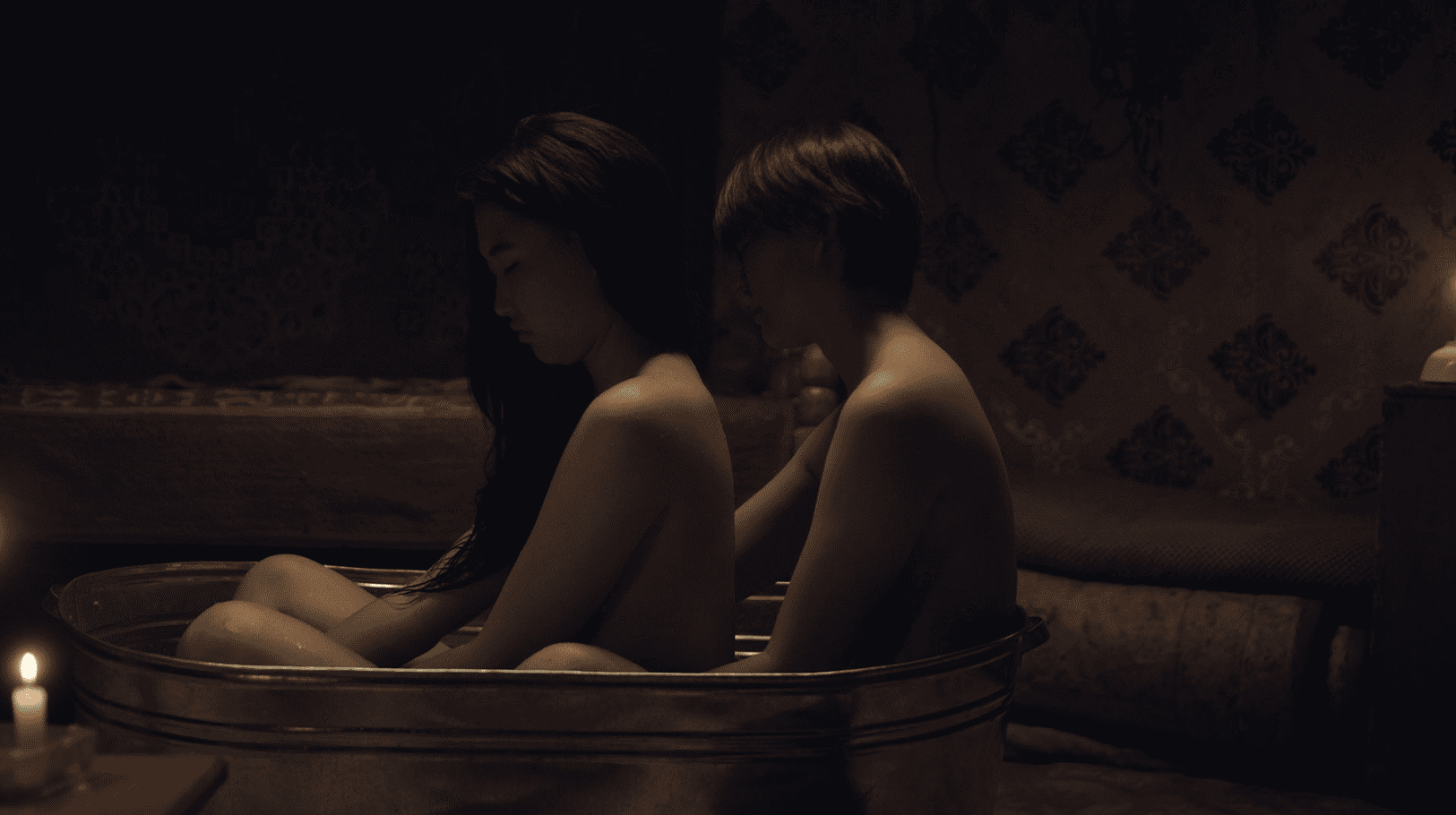
What about the village? Is it geographically close to the settlement?
To be honest, here we also had two different locations. The village with trains and roads was one thing, and then there was another which was very useful – both had something different to offer.
You have put your lead women in all kinds of difficult situations by planting them in a very macho, unfriendly environment.
The idea was to present how people believe that the free, open space and nature give them more freedom. But not everyone is made for that. Some find it easier to live in the countryside far away from civilization, and leave everything behind, but the problem is that the countryside has its unwritten rules and laws, but also their specific customs, and no one can escape them. You do not just chose a lifestyle, you also agree to different set of rules. My message was that you can not run away from yourself. It's the naked truth. One female protagonist riding naked on the horse is her being who she is. She has nothing to prove and nothing to hide. In one moment, you see her riding past a moving train. My aim was to show her going against the stream, against the masses and society. As she is riding across the old bridge, you can catch a glimpse of a new one in construction. She is the symbol of protest and changes. The old bridge is so worn out that it is about to collapse, and in it, I see the symbol of our Mongolian society which is not ready for changes but it is in dire need of reconstruction.
Something that works particularly well in your movie is the understanding of intimacy. The story isn't sexualised even in scenes with an actual intercourse happening.
I didn't want to sexualise my protagonists, and it was my intention from the beginning to show the deep bond between two lovers: their gestures, caresses, kindness in gestures and care. Obviously, especially in western countries, naked bodies don't shock anyone anymore. On the other hand, sexuality and intimacy are a huge taboo in Mongolia. This film is breaking those taboos in a gentle way. I wanted to make the film digestable for all cultures.
You mentioned laws and rules, but in your film quite many of those are broken, also by the ‘law and order'.
The detective is an in-betweener. We have a three-angle-situation and he gets involved in a relationship, breaking many rules both as a private person and as an official. My thought was that on one hand, he is an authority but he also is someone who is a bit ignorant and even twisted. He also fights inner moral fights, separating the personal from the legal ones, while at the same time bending the truth as he sees fit.
Actually, everyone in your movie is depicted as a flawed individual, which happens to be so in real life.
This is my way of making movies. I think it's so easy to make things black/white, positive/negative, good/bad, but that is so boring. Every human being has their positive and negative sides. In this movie, nobody is an angel, but not a terrible person either apart from the missing man whose part in the story is very minimal.
You were working with local, amateur actors. How did you cast them?
That was a very challenging bit, particularly when we speak of the two young women. In this film, one of the girls is riding a horse naked, so I had to find someone who would agree to that and feel comfortable about it, and who also could ride. The other actress was also supposed to be comfortable in her skin. I must say – they both did great. They are only in their early twenties and without previous acting experience, but are both in an acting school.
Would you like to say anything elase about your movie?
Well, there is one thing. I have hidden many things in it that wait to be discovered: references and symbols.





